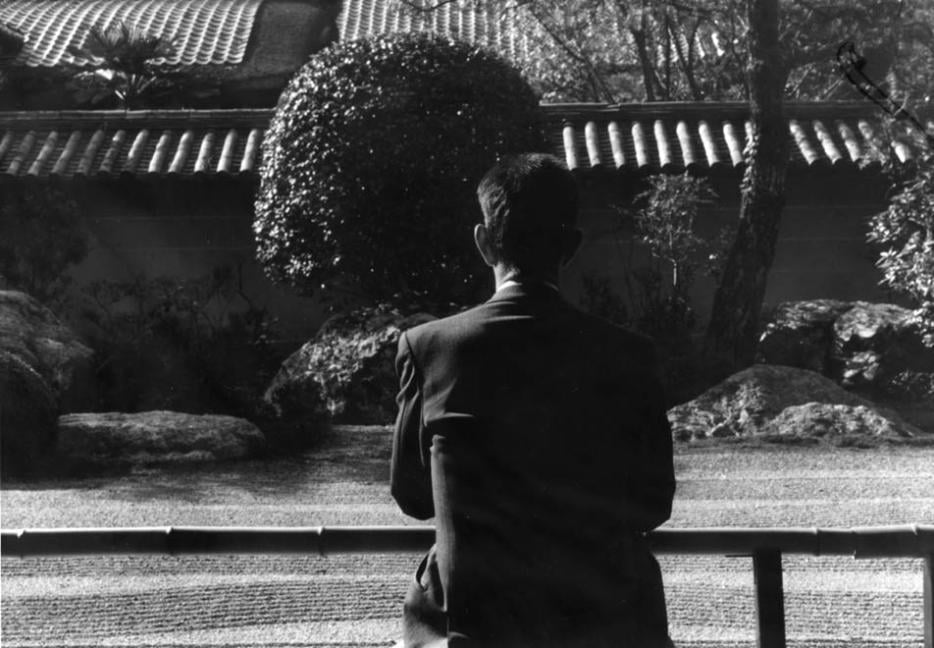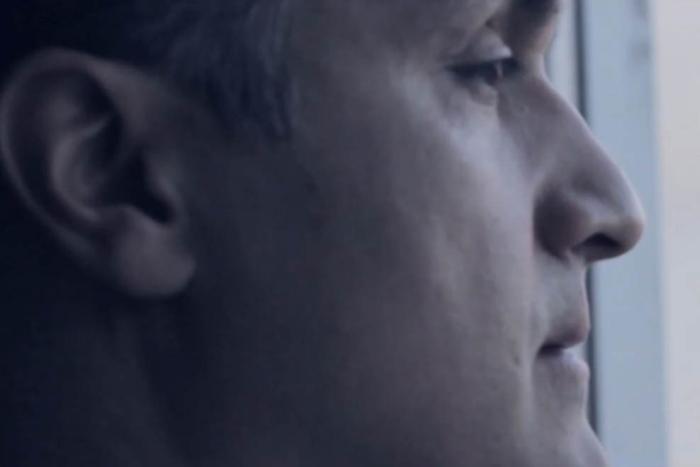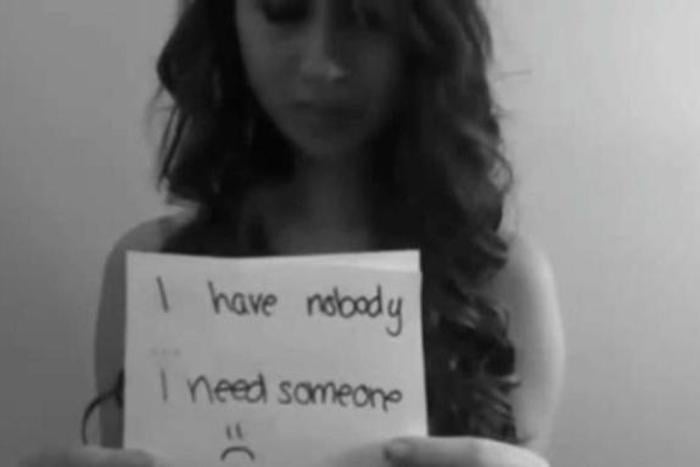In Thomas Bernhard’s Concrete, the hero, if we can call him that, sets out to write a book about the composer Mendelssohn Bartholdy—but can never find the right conditions in which to start. He travels Europe looking for the right place to write his masterpiece, but life and other people get in the way, so that Concrete (a manic 156-page single paragraph) becomes the story of the book that can’t be written, except that the book that can’t be written winds up being the very book we’re reading. Bernhard’s books are like this: stories about the impossibility of writing, or of doing much of anything, because life’s banal little demons get in the way.
The books are full of incident, but somehow the action seems to thwart any proper (or predictable) story from unfolding, which drives the characters bananas but makes for a great, if seemingly accidental, story all the same. This is what we got with Seinfeld, too. They called it the show about nothing. Watch it now on the Comedy Channel and you’ll see it’s really a show about too damn much: Elaine throws an electronic organizer out the window and hits a woman on the head and George pretends he’s a marine biologist and winds up saving a whale by dislodging a golf ball from its blowhole, the very golf ball Kramer hit into the sea from the beach earlier, and all this in the same episode. It’s as if any given Seinfeld episode stands on the verge of becoming a proper sitcom except that all these things keep happening to derail it from ever getting there. This went on for nine years.
In Bartleby & Co, Enrique Vila-Matas provides something like a series of footnotes about writers unable to write the books they wanted to write, or who decided, on reflection, that it was better not to write the books in the first place. For, as Geoff Dyer discovered in trying to write about D.H. Lawrence (his book, Out of Sheer Rage, is about not being able to write a book about D.H. Lawrence), to write means taking the risk that you’ll get it all wrong, whereas the act of not writing preserves the original, perfectly formed idea in some Platonic bell jar: you simply can’t mess up if you never start in the first place. Therefore, the writer who refuses to write is braver than the one who does. Like Melville’s Bartleby, he says, simply, “I’d prefer not to.” Procrastination is more than a virtue. It is the purest art. Perhaps the only artist to really pull it off was John Cage with “4’33”,” four and a half minutes of silence.
Maybe philosophers have a word for the ironic genius of inaction. In Lars Iyer’s elastic new novel, Exodus, about which I’m supposed to be writing but have not yet found the right conditions in which to do so, we find two characters with ideas too grand for any action other than the act of talking about them. Lars and W. are philosophers who’ve been bickering through two previous novels (Dogma and Spurious) about the crisis in higher education, the privatization of universities, and the doomed state of the humanities: in their world, the last thing the marketplace wants is more philosophy graduates. So Lars and W. drink and talk about what is to be done without actually doing anything, until the end of Exodus, at which point we learn the true value of inaction.
“Sometimes W. imagines we might walk our way to ideas, he says [says Lars, the indirect narrator of Exodus] as we wander through the trees. That to walk—if we wanted to walk far enough, hard enough—might also be to think. Or at the very least, to think about thinking. To have ideas about ideas, ideas about the ideas we might one day have.”
The point for W. is to never settle on action, because a better idea and therefore a better action is always just around the corner—at least for him, a professional philosopher who’s been squeezed out of the global economic game for lack of proper enthusiasm: such a rich time for entrepreneurs, and small-engine repairmen, and sports therapists. Why all this thinking? You can’t monetize it. He dreams of a future in which a new generation, after spending 40 years in exile like the Israelites of the biblical Exodus, can start from scratch.
“W. points to the abandoned longhouses of the high moor, more than a thousand years old. One day they’ll be occupied again, W. says. One day, there will be people who come up to the moor, looking for shelter. Exiles, like us. Freed slaves with long hair and guitars, gentle as deer…”
Philosophers and grad students, sent into the desert by capitalism. They’ll be back. But the key to W.’s vision is the generous deadline: “one day.” Not now, not while we still have time to drink and think about the end times and what come next. What comes next (but later, much much later) will be the revolution of thinkers.
“Wild thinkers. Drunk thinkers. High thinkers, nostrils flared, pupils tiny, staying up for whole weeks at a time. Thinkers with missing teeth. With missing eyes. Thinkers with missing fingers, and with great clumps of their hair torn out. Thinkers with terrible rashes around their mouths.”
In other words, thinkers like Lars and W. A revolution of graduate students! Has there ever been a more accurate portrait of humanities graduate students in print? The problem for W., in the end, is that he stops thinking and tries to do something. W. leads his wild, drunk, nostrils-flared graduate students in a campus protest, risking arrest, only to find that no one in authority, not even a bored security guard, much cares:
“6:44 AM. ‘Are they coming for us?’, W. asks.—‘Can you hear sirens?’ No one’s coming, I tell him. I can hear nothing but birdsong and faraway cars.”
The graduate students, drunk and yawning, fall asleep on the grass. It’s not much of a revolution. But then how can the real thing ever match the idea of revolution, cozy in its Platonic bell jar? The revolution W. wants can only be preserved through inaction, and more apocalyptic arguments in the pub. Anything is possible as long as nothing is actually realized. That’s not despair, that’s perverted optimism: Bernhard and Dyer and Iyer’s books aren’t so much sad as brimming with good tidings about a utopia that remains pure as long as no one ever does anything. Of course it’s all an ironic game: like Beckett, they use art to remind us that the whole point is to try, and fail, then try again, and fail better next time.






